What’s next for commercial refrigeration? Trends to watch in 2026 and beyond
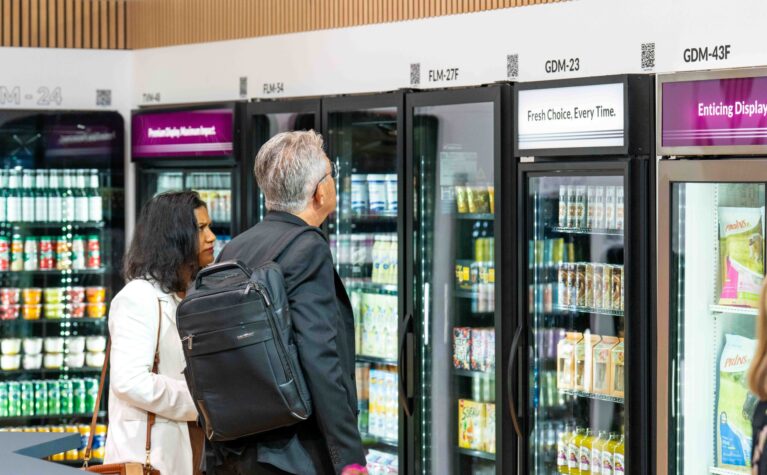
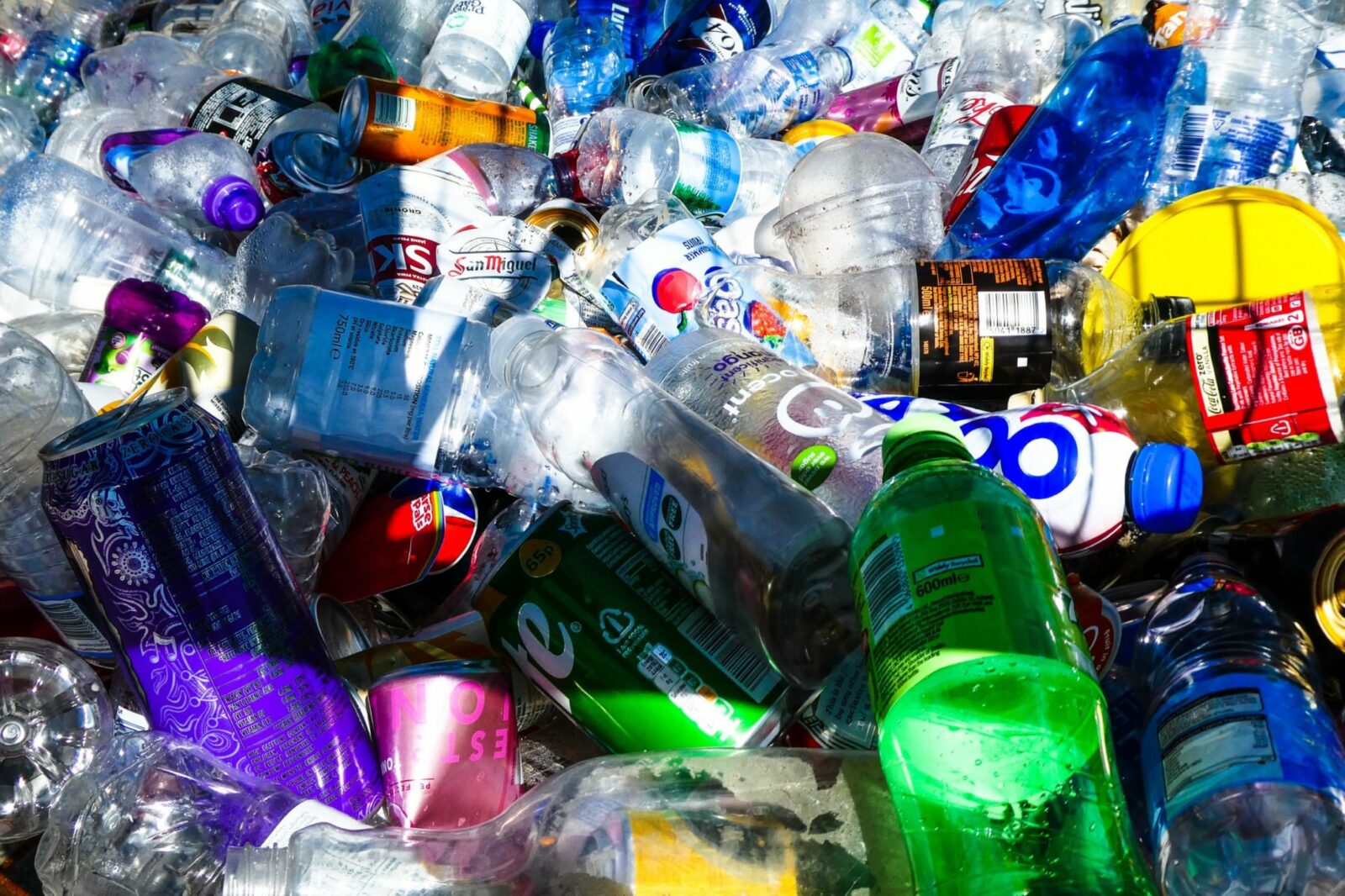
A huge focus currently concerns packaging, with common aims to reduce the large amount of single-use materials being used. This includes the phase out of non-biodegradable packaging and disposable items, such as plastic, and increasing the amount of recyclable or reusable materials used.
In the EU, 31.4 million tonnes of paper and cardboard packaging, 14.5 million tonnes for plastic, and 14 million tonnes of glass waste materials were disposed of in 2017. This amounts to an average of 174 kg of packaging waste per person.
In the UK hospitality and food service sector alone, it is estimated that 1.3 million tonnes of packaging is discarded per year.
This seems especially pertinent in recent months, as due to the ongoing pandemic, operators are limited to takeout and delivery food, which inevitably requires more packaging than traditional eat in dining.
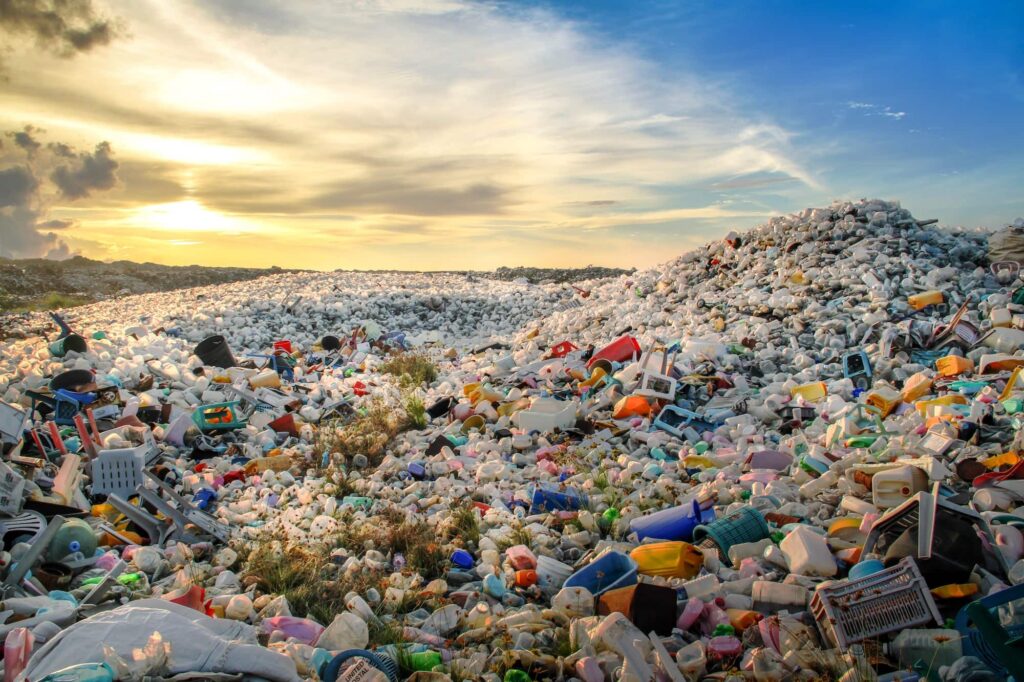
While many materials including cardboard, glass and plastic can be recycled, it is estimated that 56% of packaging which could have been recycled, isn’t. It may also come as a surprise that a huge 44% of the UK’s plastic use in 2017 was made from virgin plastic rather than recycled plastic, as it is much cheaper to produce.
As a result, the UK government announced in March 2018 that it will introduce a plastic packaging tax aimed at reducing the environmental impact of the two million tonnes of plastic packaging used each year. Due to come into effect from April 2022, plastic packaging produced in, or imported into the UK, which does not contain at least 30 per cent recycled plastic, will be subject to a levy.
Similarly, in July 2020, the European Council agreed a €0.80 tax per kilogram on non-recycled plastic packaging waste starting January 1, 2021.
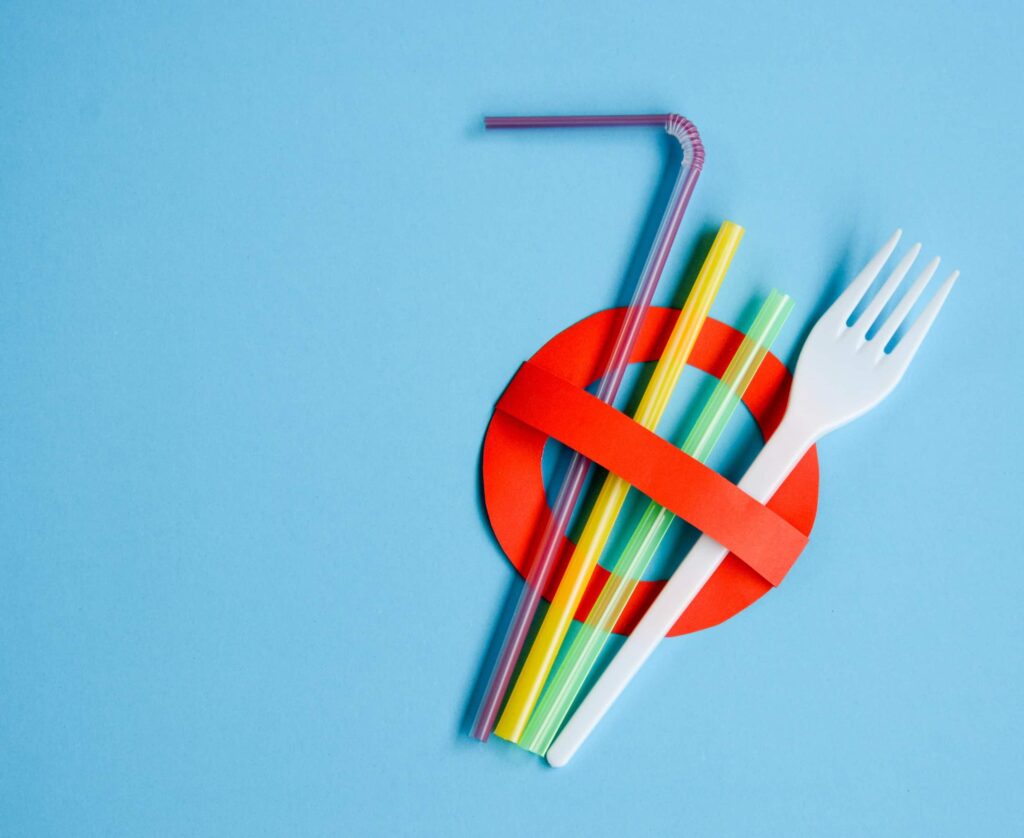
Food producers and retailers have taken notice of these new regulations and are working toward improving the sustainability ratings of their products and services.
Coca-Cola’s World Without Waste initiative includes pledges for their packaging to be 100% recyclable globally by 2025, and an ambitious goal to collect and recycle a bottle or can for each one sold, by 2030 – a big aim for a company that sold 128 billion plastic bottles in 2017.
To achieve this goal, Coca-Cola are also working on developing a paper bottle alternative to their current packaging. They recently revealed a prototype that still uses some plastic elements, but the ultimate goal is to create a fully paper bottle, which could then be recycled as part of normal paper recycling services.
UK supermarket, Asda, recently opened a new sustainability trial store in Leeds, unveiling a new plastic-reduction strategy with a promise that customers will not pay more for greener options.
Rather than the usual racks of packaged goods, the sustainability store promotes refill stations, where loose product is dispensed into reusable containers and more packaging-free fresh grocery items.
To encourage customers to shop more sustainably, the supermarket has also launched ‘Greener at Asda Price’ campaign, promising consumers won’t pay more for making a greener choice.
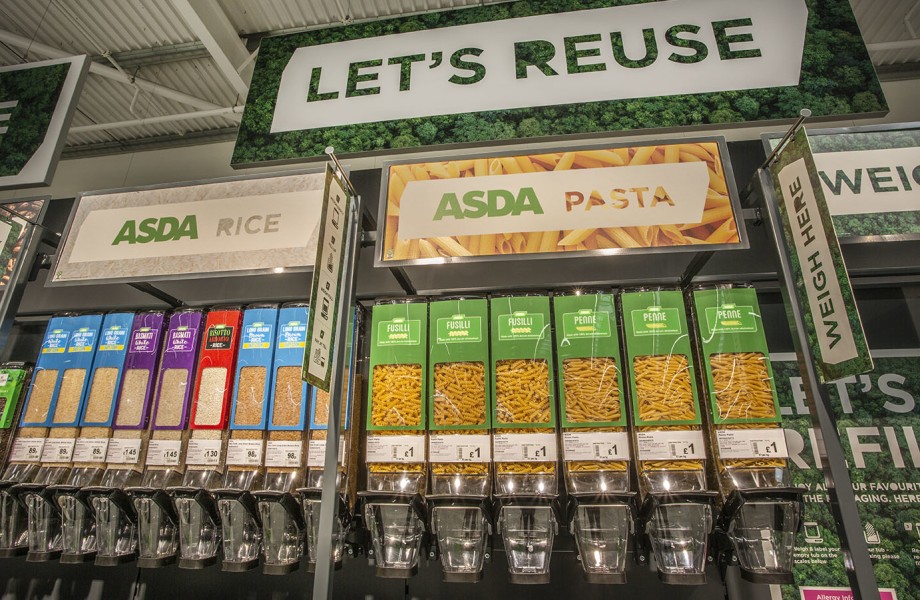
The Dorset Dairy Co. recently revealed a new way of selling milk on their Instagram, using one of our own TDD-1’s to chill and dispense their fresh milk at local stores in the south of England.
Glass milk bottles have made a comeback recently in what seems like a reversal of perceptions. Consumers are now seeing the benefits of glass bottles which can easily be washed and reused, instead of plastic. Dorset Dairy Co. are putting a modern spin on a traditional concept with their ‘Local milk on tap’ initiative. This allows customers to buy local, unhomogenised milk as an alternative to the high carbon footprint product typically sold in supermarkets.
On a larger scale, Restaurant Brands International heavyweights, Burger King and Tim Hortons recently announced plans for a reusable packaging model as part of their efforts to minimise environmental impact.
A part of RBI’s ‘Restaurant Brands for Good’ framework, the intention is to cut down on packaging waste by trialling reusable sandwich containers and beverage cups. Planned for select stores in 2021, customers who opt for the reusable packaging will be charged a small deposit at the time of purchase, which is then refunded when the packaging is returned. It is then sanitised and used again.
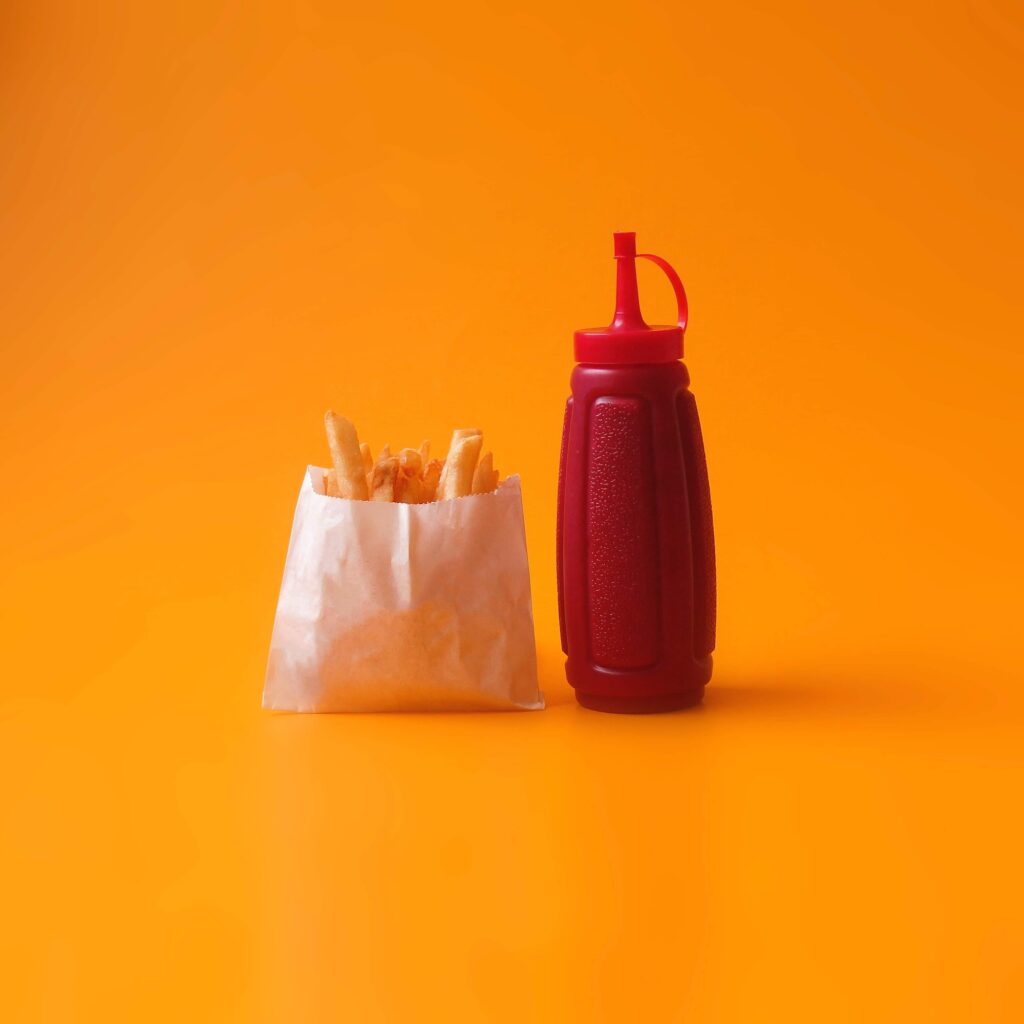
Although we still have a long way to go, it is clear that everyone, from regulators and manufacturers to retailers and consumers have a part to play if we are going to succeed in achieving a sustainable future.
At True, we are making positive changes to ensure we are as sustainable as possible, such as appointing a sustainability team and sponsoring the FEJ Operator of The Year for Energy Efficiency and Sustainability award. To learn more about our role as a sustainably responsible commercial refrigeration manufacturer, check out our previous article on True’s Commitment to Sustainability
If you have any questions about True’s commitment to sustainability, or if you have an equipment requirement you’d like to talk to us about, don’t hesitate to get in touch.